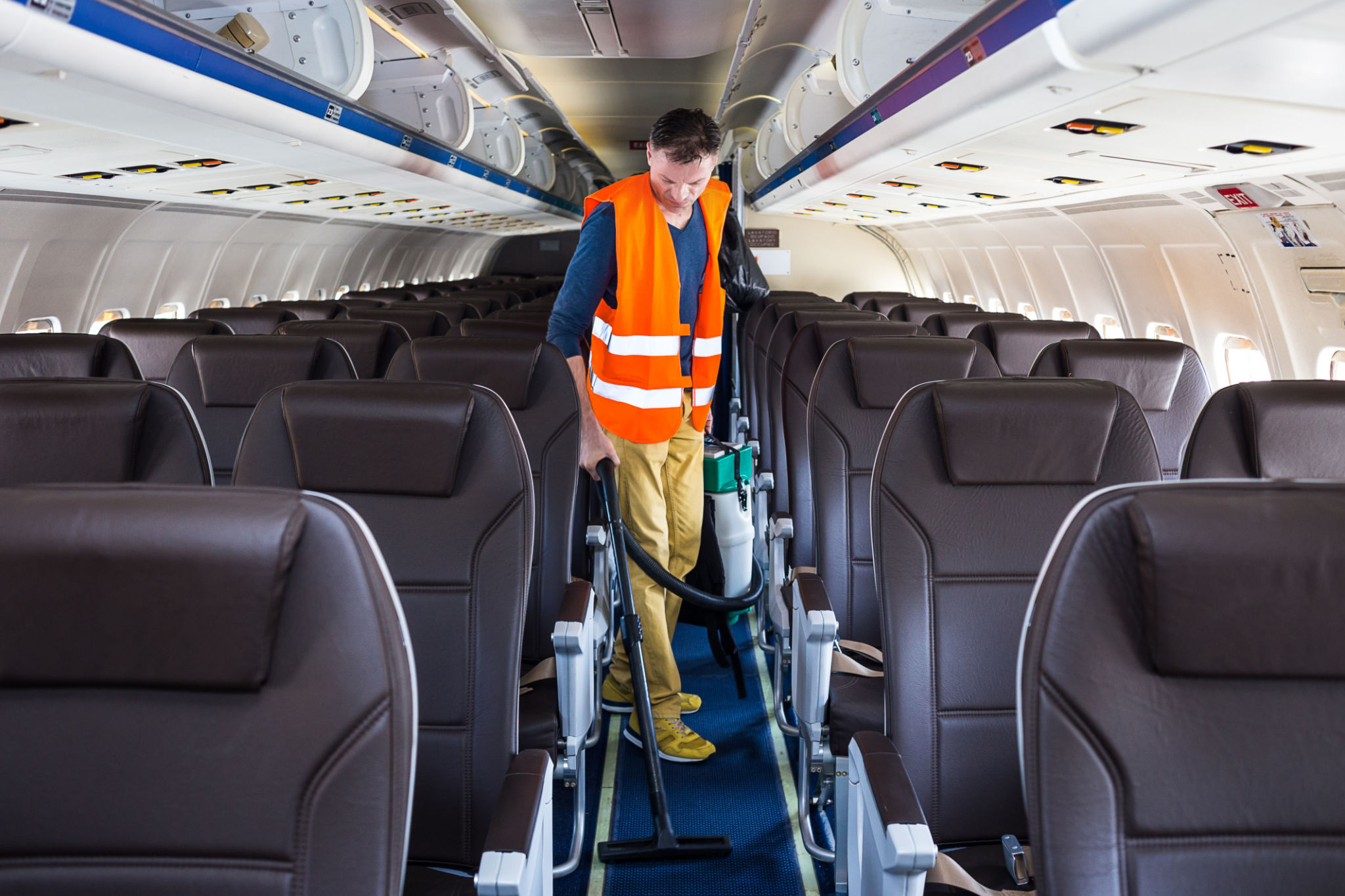How Professional Aircraft Detailing Enhances Flight Safety
The Importance of Aircraft Detailing
Aircraft detailing is a critical aspect of aviation maintenance that goes beyond mere aesthetics. While a clean and polished aircraft certainly looks appealing, professional detailing plays a vital role in enhancing flight safety. This often-overlooked aspect of aviation helps maintain the integrity of the aircraft and ensures optimal performance during flights.
Regular detailing involves a thorough cleaning, inspection, and treatment of both the interior and exterior surfaces of an aircraft. This process not only preserves the aircraft's appearance but also helps in identifying potential safety issues that might otherwise go unnoticed.

Preventing Corrosion and Damage
One of the most significant benefits of professional aircraft detailing is its role in preventing corrosion. Corrosion can severely compromise an aircraft's structural integrity and lead to costly repairs or even accidents. By regularly removing contaminants like dirt, salt, and pollutants, detailing helps protect the aircraft’s surfaces from corrosive damage.
Additionally, detailing involves inspecting the aircraft for any signs of damage such as scratches, dents, or chipped paint. Early detection allows for timely repairs, reducing the likelihood of more severe issues developing over time.
Enhancing Operational Efficiency
A well-maintained aircraft is a more efficient aircraft. When an aircraft's surfaces are clean and free from debris, it experiences less drag during flight. This can lead to improved fuel efficiency and more streamlined operations. Professional detailing ensures that all components are in top condition, contributing to the overall performance and efficiency of the aircraft.

Improving Visibility and Safety Features
Visibility is crucial for pilots, especially during takeoff, landing, and adverse weather conditions. Professional detailing services pay special attention to windows and windshields, ensuring they are crystal clear and free from any obstructions or distortions.
Moreover, detailing includes checking and maintaining safety features like lights, sensors, and communication devices. Ensuring these components are clean and functioning properly is essential for safe navigation and operation.
Extending Aircraft Longevity
Regular detailing not only enhances immediate safety but also contributes to the long-term longevity of an aircraft. By preserving the aircraft’s surfaces and components, detailing helps extend the life of the aircraft, delaying the need for replacements or extensive repairs.

The Role of Professionals
Professional aircraft detailers are trained to handle the specific needs of different types of aircraft. They use specialized tools and products designed to protect sensitive aerospace materials. Their expertise ensures that every part of the aircraft is meticulously cared for, adhering to industry standards and regulations.
In conclusion, professional aircraft detailing is a vital component of aviation safety. It not only keeps aircraft looking pristine but also ensures they are safe, efficient, and ready to fly. By investing in regular detailing services, airlines and private owners alike can contribute to safer skies for everyone.
